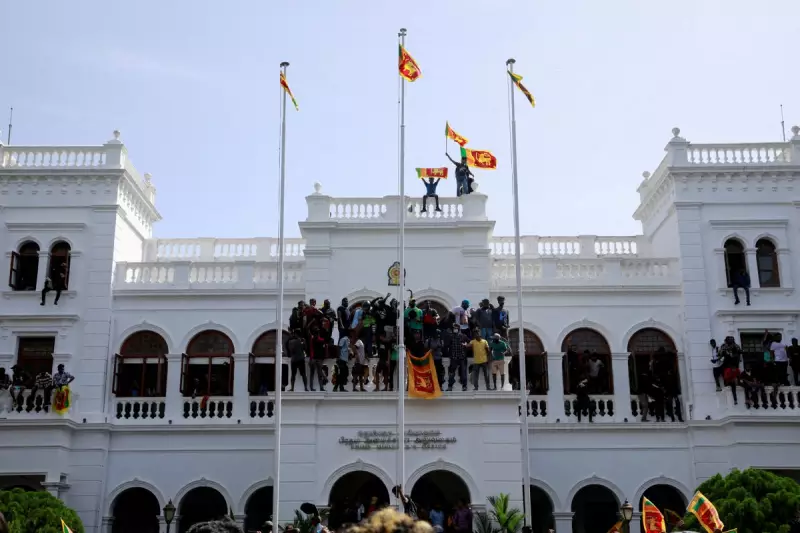
Sri Lankan President Ranil Wickremesinghe has been formally arrested by authorities in a dramatic escalation of the country's ongoing political crisis. The arrest warrant stems from allegations of authorising violent measures against peaceful anti-government demonstrators during the peak of the nation's catastrophic economic collapse.
The unprecedented move comes after months of political turmoil that saw former President Gotabaya Rajapaksa flee the country following massive public protests over worsening living conditions and economic mismanagement.
Economic Collapse Sparks Political Unrest
Sri Lanka has been grappling with its worst economic crisis since gaining independence, with severe shortages of essential goods including fuel, medicine, and food. The economic meltdown triggered widespread public anger that culminated in the storming of presidential palaces and government buildings earlier this year.
President Wickremesinghe, who took office after his predecessor's resignation, now faces serious legal consequences for his administration's handling of the protest movement. Court documents allege he authorised security forces to use excessive force against demonstrators exercising their democratic rights.
Legal Proceedings Begin
The Colombo Magistrate's Court has issued the arrest order following extensive investigations into the government's response to the protests. Legal experts note this marks the first time a sitting Sri Lankan president has faced arrest while in office.
Wickremesinghe is expected to appear before the court to respond to charges relating to the suppression of peaceful assembly during the nation's most turbulent period in recent history.
The arrest has sent shockwaves through Sri Lanka's political establishment, raising questions about the country's democratic stability and the future of its economic recovery efforts. International observers are closely monitoring developments as the nation navigates both economic reconstruction and political accountability.





